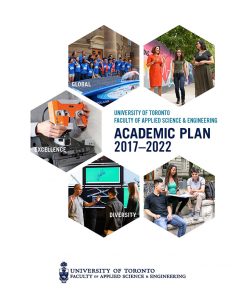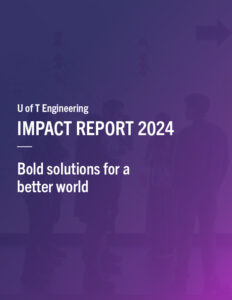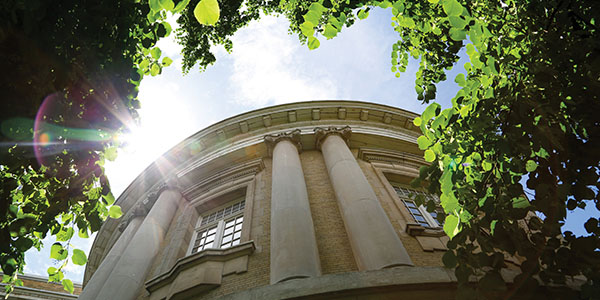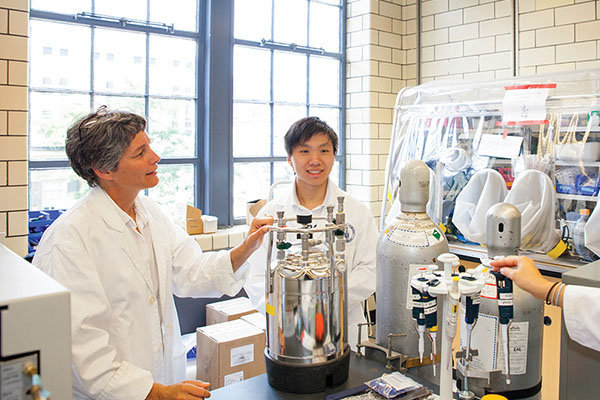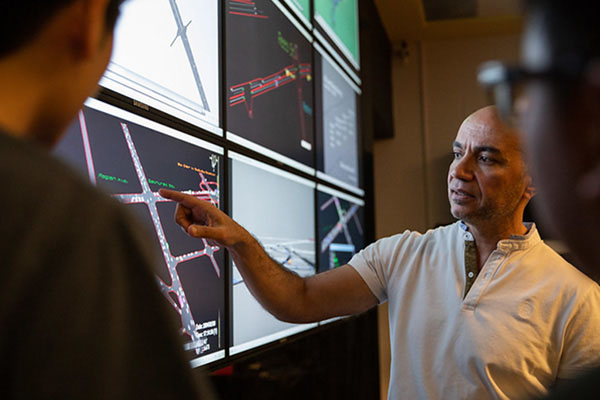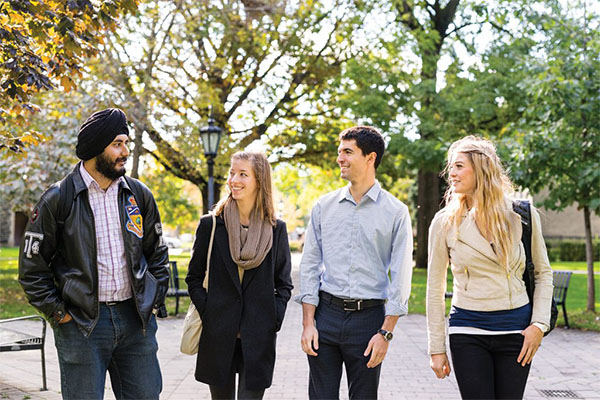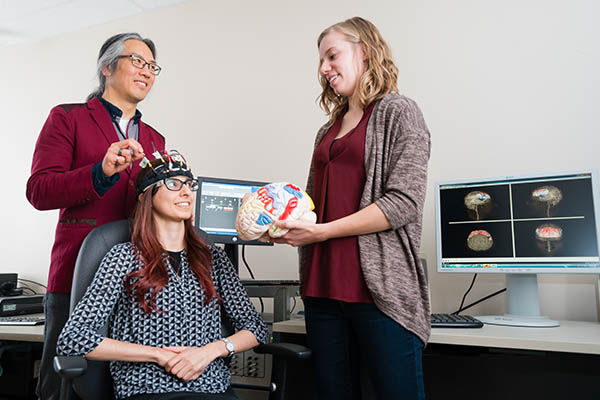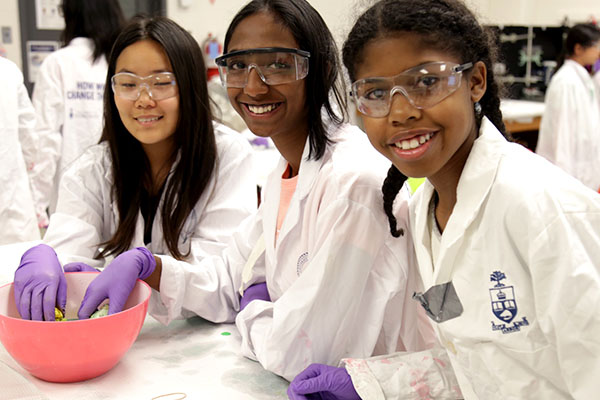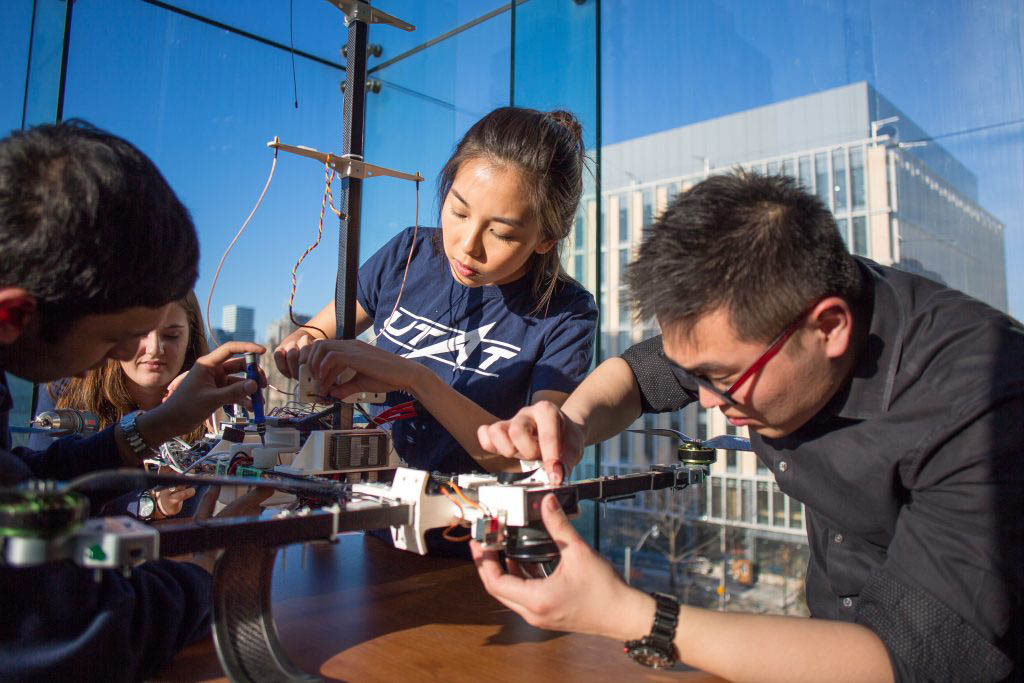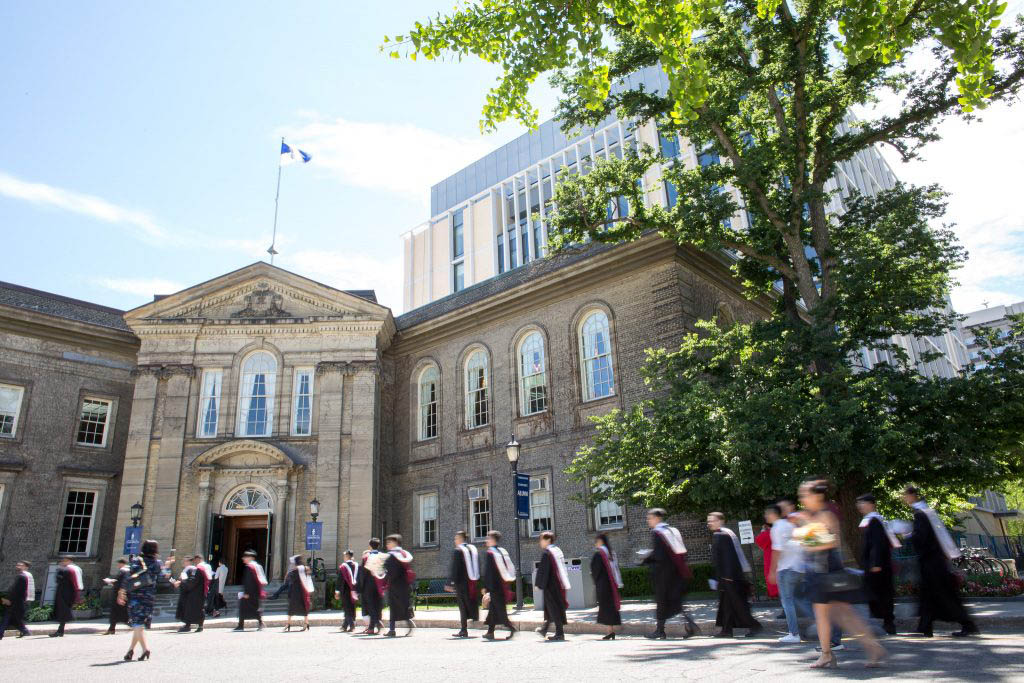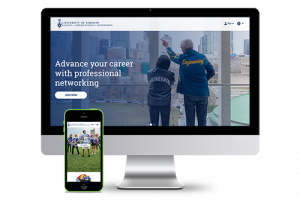Abstract
Many chemical engineering courses are still delivered in the traditional course format of lectures with assignments and examinations as assessments. In addition, applications in the oil and gas industry are frequently used to illustrate concepts. This format and examples do not effectively engage many students. Creative ways of incorporating active-learning opportunities with relatable and/or diverse examples can improve the learning experience for undergraduate chemical engineering students. Details will be provided about an active-learning, technical elective course that uses coffee to illustrate and synthesize chemical engineering concepts; the students are literally able to taste their learning. Details will also be shared about the redesign of a fundamental course on mass transfer operations that features new examples, a case study, and in-class demonstrations.
Speaker Bio
Lauren Tribe has obtained an Honors Science degree in Biochemistry, a Bachelor of Engineering Science degree in Biochemical Engineering, and a Doctorate in Chemical Engineering from Western University and has been licensed as a Professional Engineering since 2006. She has been a faculty member at Western since 2001 and held administrative positions of Associate Chair, Undergraduate, of Chemical and Biochemical Engineering from 2015 to 2016 and Assistant Dean, First Year Studies, from 2016 to 2012. She has held special teaching roles at Western University as Experiential Learning Innovation Scholar 2020 – 2022 and Teaching Fellow 2022 – 2025. She has also received teaching awards in engineering in 2011 for the Maurice Bergougnou Teaching Award and in 2022 for the R. Mohan Mathur Award for Excellence in Teaching and then in 2023, the Edward G. Pleva Teaching Award for Teaching Excellence at Western University. Lauren is passionate about engineering and engineering education and has taught 56 courses to over 3,000 undergraduate engineering students over her career. She has developed opportunities for her students to be excited about their learning and to become engaged with experiential components in her courses. Examples include developing faculty-led study abroad courses to learn about engineering in a global context, an experiential course using coffee to synthesize chemical engineering concepts in a fun a relatable way, and incorporating examples and demonstrations to improve learning and understanding of mass transfer.

